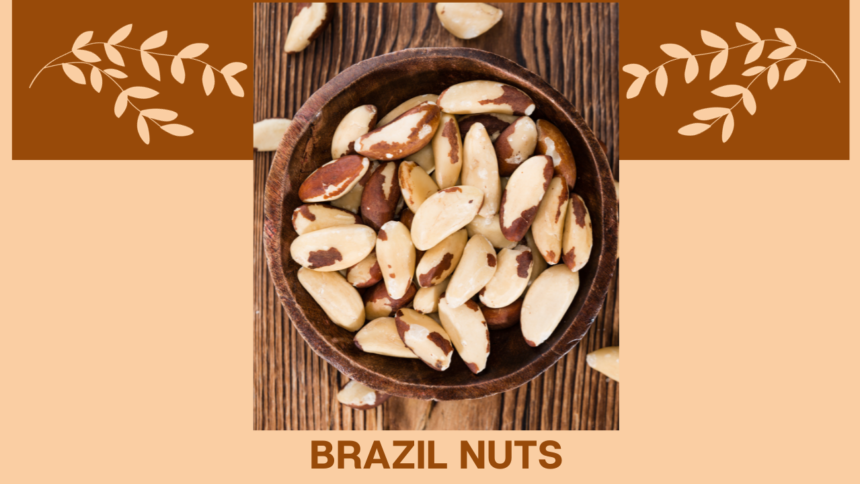Brazil nuts have long been hailed as a superfood, lauded for their rich selenium content and potential health benefits. Among the claims surrounding these nutrient-packed nuts is their supposed ability to alleviate symptoms of hypothyroidism, a condition characterized by an underactive thyroid gland. But does science support this assertion, or is it merely a myth?
Selenium, a trace mineral found abundantly in Brazil nuts, plays a crucial role in thyroid function and overall health. The thyroid gland relies on selenium to produce thyroid hormones, which regulate metabolism, growth, and energy levels. Therefore, it’s logical to assume that consuming selenium-rich foods like Brazil nuts could benefit individuals with hypothyroidism by supporting thyroid function.
However, the evidence regarding Brazil nuts’ efficacy in managing hypothyroidism is mixed. While some studies suggest that selenium supplementation may improve thyroid function in individuals with low selenium levels, others have found no significant benefits. Additionally, excessive selenium intake can be harmful, leading to selenium toxicity and adverse health effects.
Furthermore, the selenium content in Brazil nuts can vary widely depending on factors such as soil quality and cultivation practices. Consuming too many Brazil nuts to obtain selenium could potentially lead to selenium overdose, exacerbating thyroid issues rather than alleviating them.
Despite the uncertainty surrounding Brazil nuts’ role in hypothyroidism management, they can still be a nutritious addition to a balanced diet. Along with selenium, Brazil nuts are rich in other essential nutrients like magnesium, copper, and vitamin E, which contribute to overall health and well-being.
Ultimately, individuals with hypothyroidism should approach Brazil nuts with caution and consult with a healthcare professional before making significant dietary changes. While Brazil nuts may offer some nutritional benefits, they should not be viewed as a sole or guaranteed remedy for thyroid disorders.
The notion that Brazil nuts can provide relief to those with hypothyroidism remains a subject of debate within the scientific community. While they are a nutrient-dense food with potential health benefits, their efficacy in managing thyroid conditions is inconclusive. As with any dietary intervention, moderation and individualized guidance are key to promoting optimal health and well-being.





